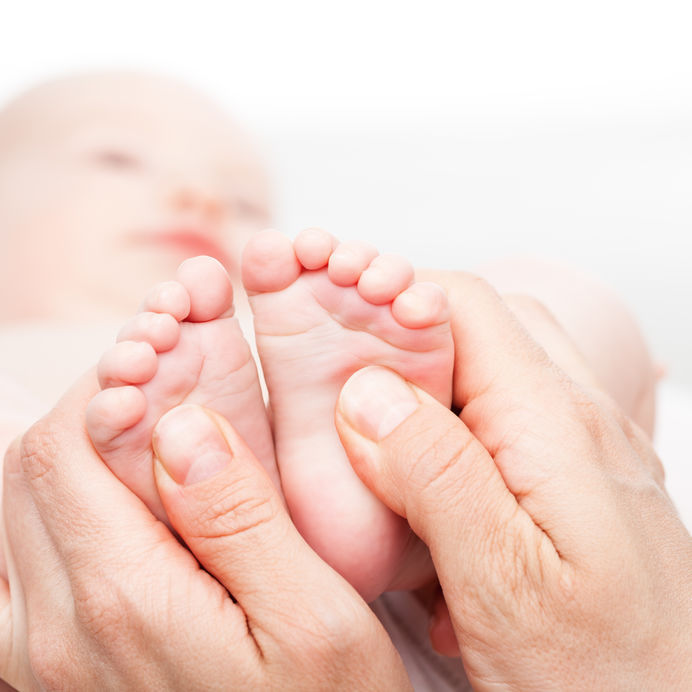A chiropractic adjustment is ideal for keeping your body in good shape and it works similarly for babies. This article discusses everything you need to know about taking your baby for an adjustment including its safety, practicality, and health benefits.
Why Would a Baby Need An Adjustment?

Labor can be stressful for both the mom and the baby as it produces a lot of pressure from contractions in the womb. This can exert a lot of pressure on the baby’s head and neck if they are not lined up perfectly. Many infants experience a subluxation after birth regardless of the delivery method. They may experience discomfort as they grow up which is often confused with hunger, sleep, or temperature changes during the day. Taking your baby for a chiropractic adjustment not only relieves them from fussiness but also improves their overall health.
Is Chiropractic Care Safe For Babies?
Safety is the first thing that comes to mind since it is natural for parents to fear taking their baby for a new experience such as chiropractic care. While it may mean a lot of cracks and pressure for an adult, chiropractors use a different adjustment approach when it comes to babies. Chiropractic adjustments for babies are often gentle and may sometimes go unnoticed by the baby. Most babies who cry during an adjustment do not do so out of pain but because of the fear of interacting with a stranger or of something new happening in their life.
A misalignment of the spine can compromise the nerves flowing out of the organs. During an adjustment, chiropractors simply take the pressure off the spine to allow the body to express itself. The pressure used on a baby during an adjustment can be compared to the pressure used to check a tomato for ripeness. Many clinical studies conducted by health experts also show that chiropractic care for babies is safer than prescription medications and antibiotics.
Benefits of Taking Your Baby for an Adjustment
- It Reduces General Fussiness
Parents and physicians can find it difficult to pinpoint the exact issues that make the baby fussy and irritable. Chiropractic sessions can help after ruling out sickness as a cause of the fussiness or irritability. It focuses on mechanical restrictions on the baby’s spine that could lead to sleeping difficulties, headaches, and increased nervous irritability.
- Soothes Colic Symptoms
After ruling out other medical conditions, your baby can be diagnosed with colic symptoms. Colic is often associated with an underactive or immature gastro-intestinal system that leads to gas buildup and indigestion. Since it is difficult for an immature digestive system to cope up with the gas buildup, it leaves that gas trapped within the gut causing bloating and a lot of pain.
- Boosts Recovery After Birth
Gentle manipulations can help ease strains and tension in certain areas of your baby’s body. They also correct nerve problems that may occur after natural birth or C-section. A chiropractor is trained to prevent nerve dysfunctions and align the spine since any misalignment could lead to reflux, colic symptoms, and sleeping difficulties for babies.
- Assists in Treating Ear Infections
The eustachian tube can become blocked due to recurrent sinus infections, colds, and allergies, making it difficult to drain excess fluids from the middle ear. Gently manipulating the vertebrae located around the upper neck can help dilate the eustachian tube to drain excess fluids from the baby’s middle ear. It is also important for your baby to have a medical checkup so that ear infections can be treated with antibiotics too.
- Enhances the Immune System
The immune system often depends on a healthy spine besides having proper nutrition and rest. Any misalignment could irritate the nerve pathways since the nervous system runs through the spine. Taking your baby for an adjustment enhances their immune system making their bodies better at fighting diseases and infections.
Taking your baby for a chiropractic adjustment can help prevent many problems that occur during infancy. If you are undecided about whether your baby needs an adjustment, it is important to talk to your pediatrician to help you decide on what is best for your baby.

